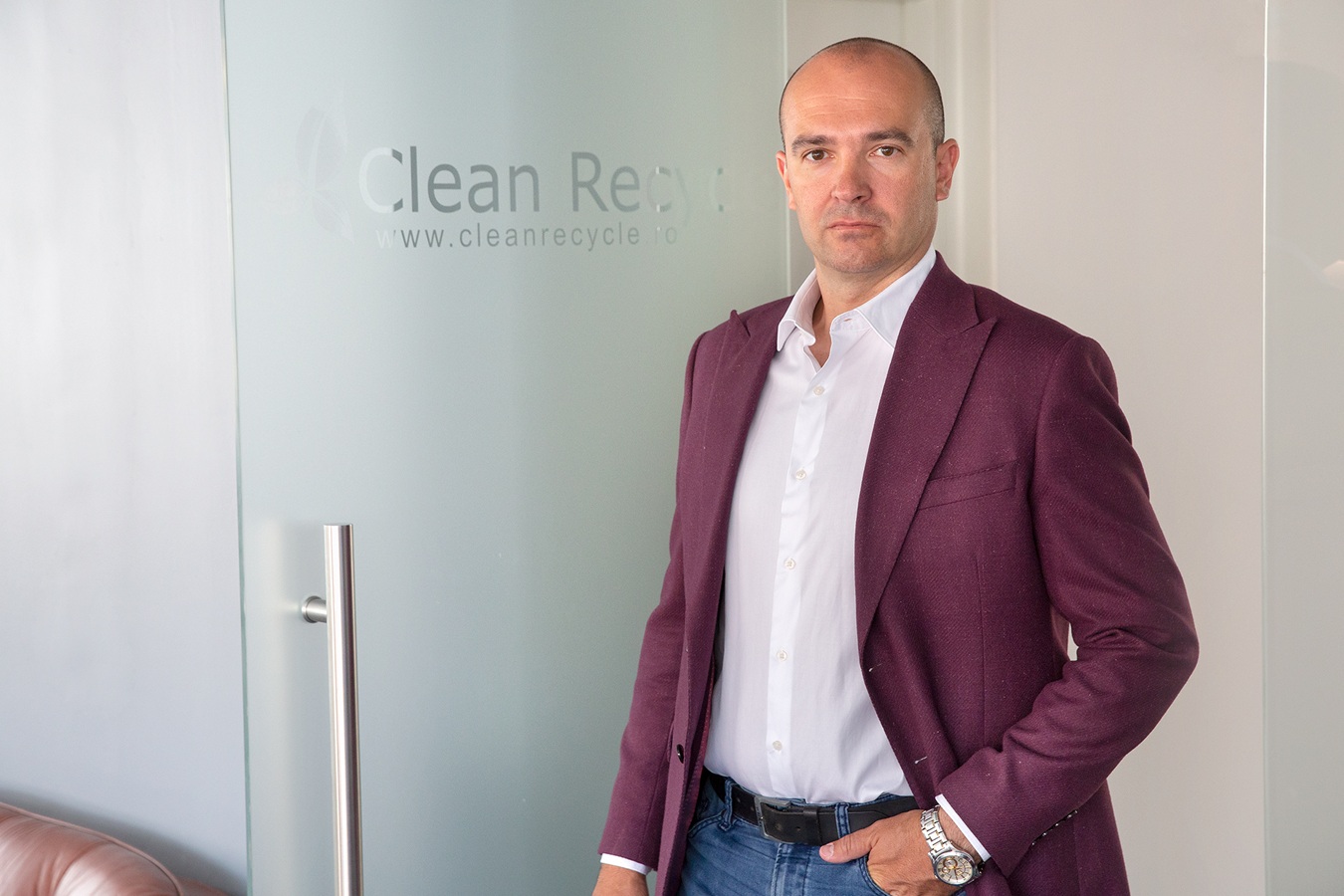Romania ranks last in the European Union in terms of circular material usage, with a rate of just 1.3%, according to 2023 public data analyzed by Clean Recycle experts. The transition to a circular economy remains a global challenge. The European Union aims to double the use of recycled materials in the total raw material consumption by 2030, under the Circular Economy Action Plan adopted in 2020.
Comparatively, countries such as the Netherlands (30.6%), Italy (over 20%) and Malta lead the EU rankings.
A circular economy is a model of production and consumption that involves sharing, reusing, repairing, refurbishing, and recycling existing materials and products for as long as possible. This extends product life cycles.
Implementing circular economy principles across the EU economy has the potential to increase the EU’s Gross Domestic Product (GDP) by an additional 0.5% by 2030 and create 700,000 new jobs across member states, according to the Clean Recycle analysis.***
The transition to a circular economy is key to reducing pressure on natural resources, limiting greenhouse gas emissions, and contributing to climate neutrality.
While the EU’s Circular Material Use Rate (CMUR) has increased slightly over the past 13 years, from 10.7% in 2010 to 11.8% in 2023, it is still considered low, indicating that the economy is largely linear.
Most EU countries (22 out of 27) have increased their CMUR since 2010. The largest increases (over five percentage points) were recorded in Malta, Italy, Estonia, Austria, the Czech Republic, Belgium and Slovakia.
However, significant decreases of CMUR were recorded in Finland, Romania, Luxembourg and Poland.
Romania, like the entire European Union, remains dependent on raw material imports, which increases economic vulnerability to geopolitical tensions. Price fluctuations or trade restrictions can affect essential supply chains, putting pressure on strategic industries.
“It is crucial to focus on the economic chain, from design and consumption, to collection and recovery. Romania has potential, but must accelerate reforms, prioritize the investments in the recycling infrastructure, and promote large-scale environmental education. The transition to a circular economy is vital to reduce resource waste and environmental impact. Romania lags behind much of the EU, but there are real opportunities. With bold measures, the current linear economy can be transformed into a sustainable, competitive, and future-oriented model,” says Cosmin Monda, founder and CEO of Clean Recycle.
Two years ago, the Romanian Government adopted the National Strategy for the Circular Economy, fulfilling one of the milestones set in the National Recovery and Resilience Plan (NRRP), by improving waste management governance, including packaging waste.
In the first 6 months of the year, Clean Recycle managed a quantity of over 65 thousand tons of packaging waste, for the over 900 clients in the portfolio.
Clean Recycle is one of the top 5 players in the local market for the transfer of responsibility regarding packaging waste (OIREP), taking over the obligation of reporting the collection and recovery of packaging and packaging waste placed on the market by producers and importers. Clean Recycle manages a portfolio of over 900 companies that produce and market packaging waste accross Romania, operating in sectors such as FMCG and retail, agribusiness, automotive, distribution, industrial production, pharmaceuticals and more.




